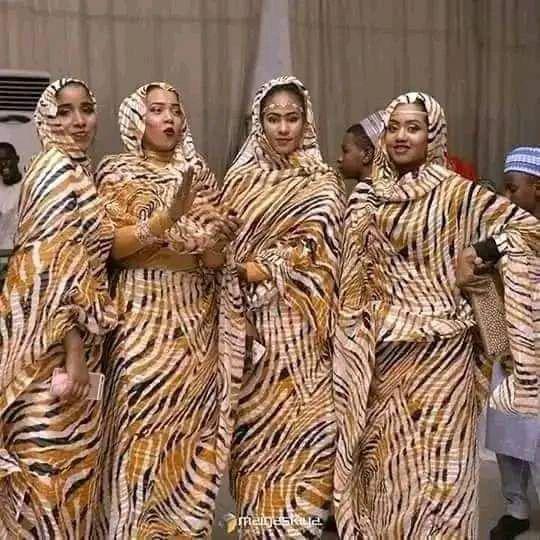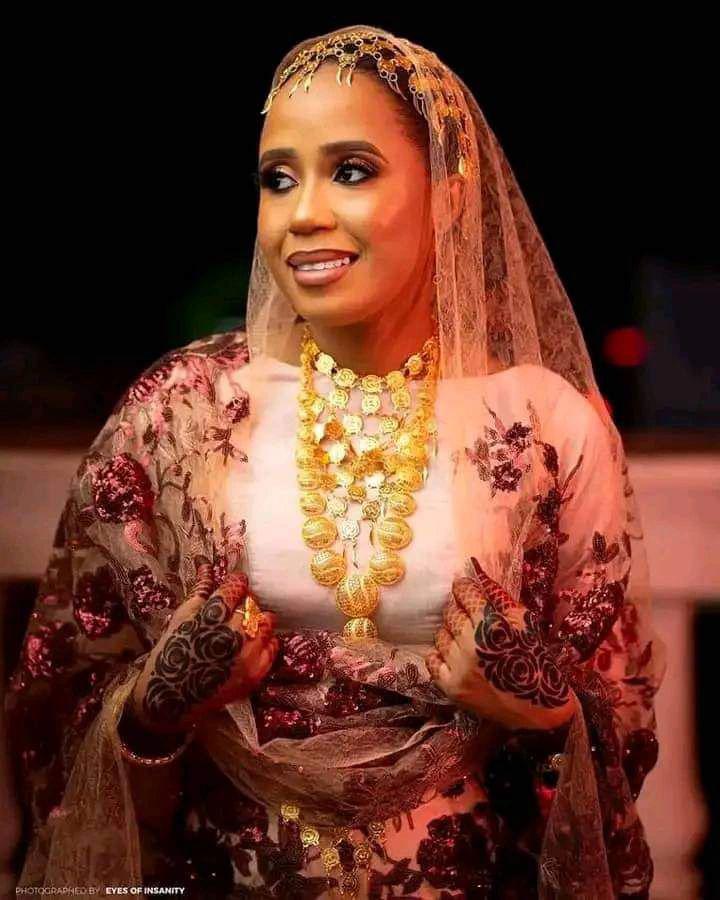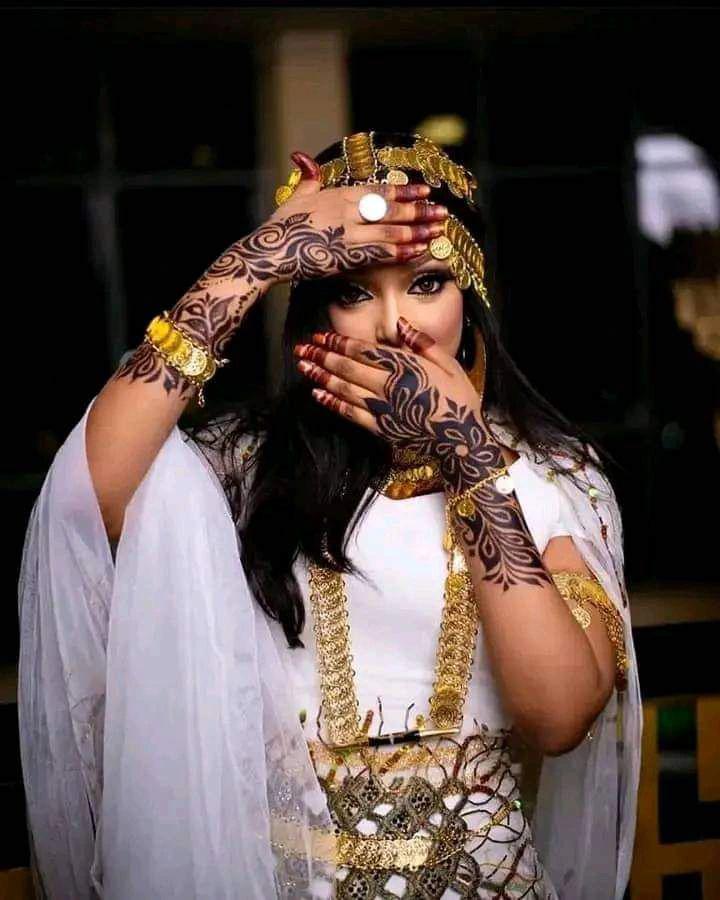Exploring the Strength, Beauty, and Cultural Significance of a Unique Community
The Shuwa Arab women of northeastern Nigeria embody a captivating blend of resilience, cultural pride, and empowerment, standing as symbols of both beauty and strength. Their cultural identity reflects a rich history that merges African, Arab, and Middle Eastern influences, woven together over centuries of community ties, shared traditions, and the heritage of the Baggara people, to whom they belong.
Originally posted on LinkedIn, this reflection offers a rare glimpse into the lives of these women, inviting an audience committed to Black Liberation and empowerment to recognize and honor their unique heritage.
A Legacy of Diverse Beauty and Heritage
The Shuwa Arab women are renowned for their vibrant traditional attire and distinct physical features, which include high cheekbones, expressive eyes, and a range of skin tones. These attributes symbolize more than aesthetics—they reflect the fusion of Arab and African ancestry, creating a visual representation of the rich diversity within Nigeria’s cultural mosaic. Through traditional clothing, jewelry, and artistic crafts, Shuwa Arab women proudly display their heritage and beauty.

Their beauty is matched by the strength of their community identity. The Shuwa Arabs, often called the “Baggara” due to their historical role as cattle herders, have built strong ties across Nigeria, especially in Borno and Yobe states, and in urban centers like Lagos, where over two million of their descendants have become integral members of the community.
Symbolic Strength and Resilience
Beneath their outward beauty lies a profound strength and resilience. The Shuwa Arab women are revered for their resourcefulness and hospitality, core traits that have helped their communities thrive in challenging conditions. Through the decades, they have preserved their cultural practices and values, instilling a sense of pride and continuity within younger generations.

Family and community bonds are central to their lives, and they often play pivotal roles in maintaining these connections. They serve as custodians of their ancestral heritage, passing down language, traditions, and artisanal skills like weaving and jewelry-making, preserving their unique identity for future generations.
Agents of Empowerment and Change
The empowerment journey of Shuwa Arab women is both inspiring and transformative. In recent years, many have embraced education and economic opportunities, joining advocacy efforts for women’s rights. This progressive movement has amplified their voices within their communities, allowing them to impact socio-economic change and contribute to a future where women are recognized as equal partners.
Their influence extends beyond the traditional roles as they actively shape their communities and inspire others to recognize the value of gender equity and education. These efforts highlight a commitment to advancing women’s rights within an evolving Nigeria and a strong stance toward empowerment.

Celebrating a Heritage of Unwavering Spirit
The Shuwa Arab women of Nigeria are much more than the sum of their distinct cultural heritage, aesthetic beauty, and resilience. They represent a powerful narrative of Black empowerment, self-determination, and cultural preservation. Their journey of resilience and advocacy serves as an example to communities across Africa and the diaspora, where heritage and empowerment remain intertwined.
Their legacy is a living testament to the strength of African and Arab cultural bonds, highlighting the ways in which communities adapt, persevere, and thrive. Recognizing the contributions of Shuwa Arab women offers a new perspective on the diverse fabric of Black identity and an invitation to honor all cultures that enrich Nigeria’s story.
